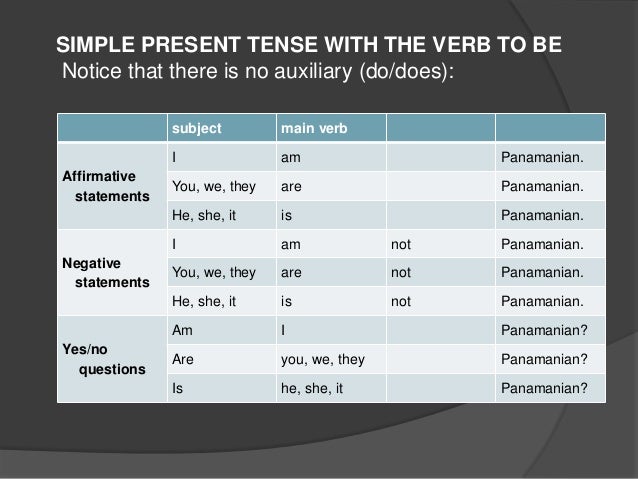Negation In Russian Is Very
The First White President. The foundation of Donald Trump’s presidency is the negation of Barack Obama’s legacy.

Please note that this is an archived page. Click here for the current version. This page not updated or checked for accuracy as frequently as the greetings pages, and therefore may contain errors, inconsistent orthography, and
Russian Philosophy. This article provides a historical survey of Russian philosophers and thinkers. It emphasizes Russian epistemological concerns rather than ontological and ethical concerns, hopefully without neglecting or disparaging them.
Russian Audio Lessons. Audio lessons are a very important factor in learning Russian because they help you hear how words are pronounced and also provide you with an extra means of learning other than reading.




Russian grammar employs an Indo-European inflexional structure, with considerable adaptation.. Russian has a highly inflexional morphology, particularly in nominals (nouns, pronouns, adjectives and numerals).

Russian Alphabet. Learning the Russian alphabet is very important because its structure is used in every day conversation. Without it, you will not be able to say words properly even if you know how to write those words.


Russian (Russian: ру́сский язы́к, tr. rússkiy yazýk) is an East Slavic language and an official language in Russia, Belarus, Kazakhstan, Kyrgyzstan, and many or unrecognised territories throughout Eurasia (particularly in Eastern Europe, the Baltics, the Caucasus, and Central Asia).

Meaning: nothing, not a thing, (not) anything. Pronunciation: [neesh-TOH] Part of speech: pronoun (unlike in English, double negation is allowed and very common in Russian)
The standard formula usually includes “hello” and “how are you?”. In Russian, unlike English, these phrases sound different depending on who you talk to.

Nouns in Russian are divided into three genders: masculine, feminine and neuter. How to determine the gender in Russian? Look at the word’s ending
